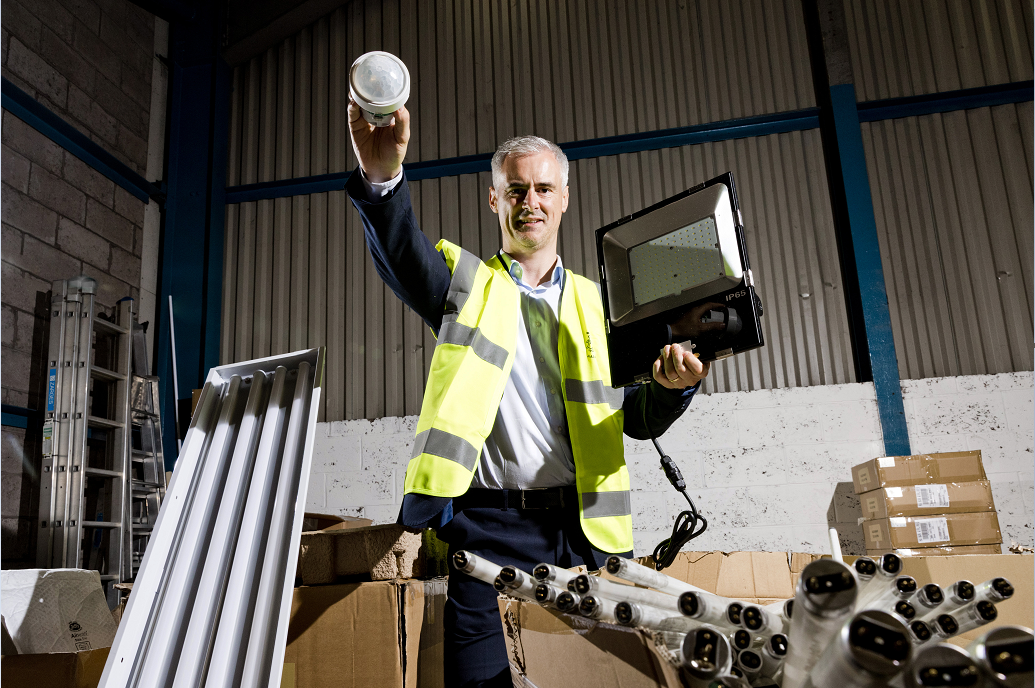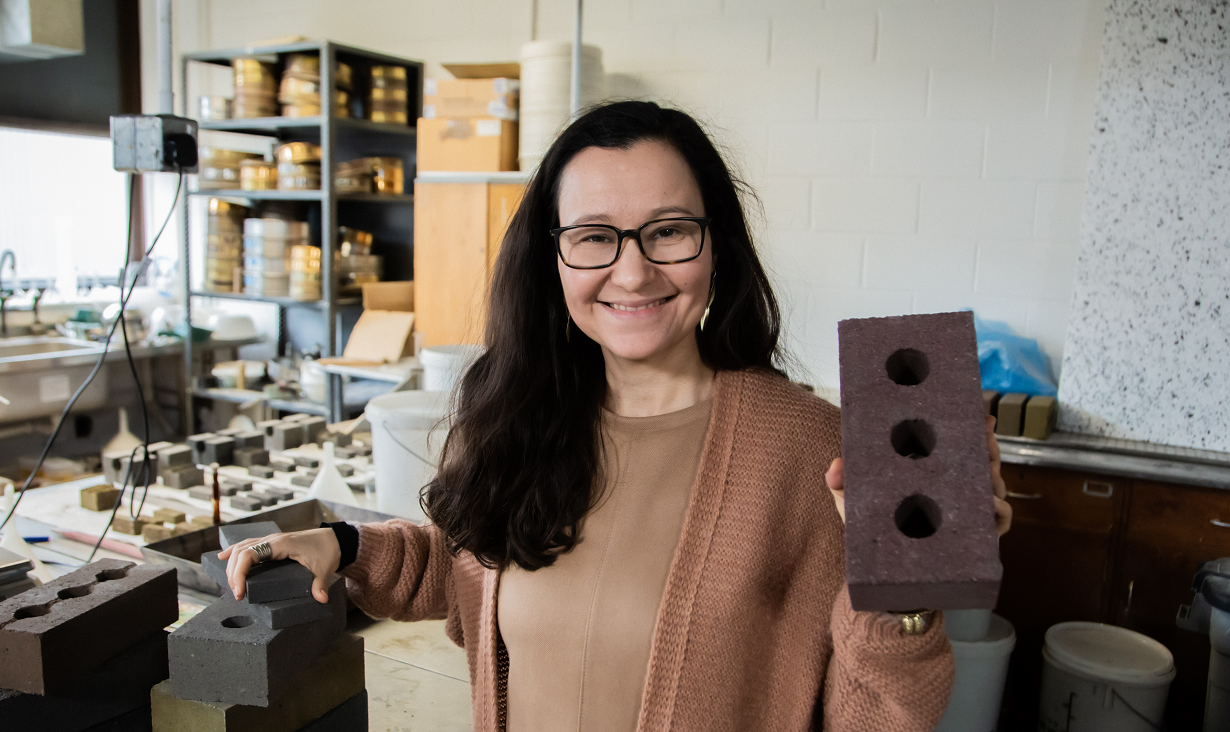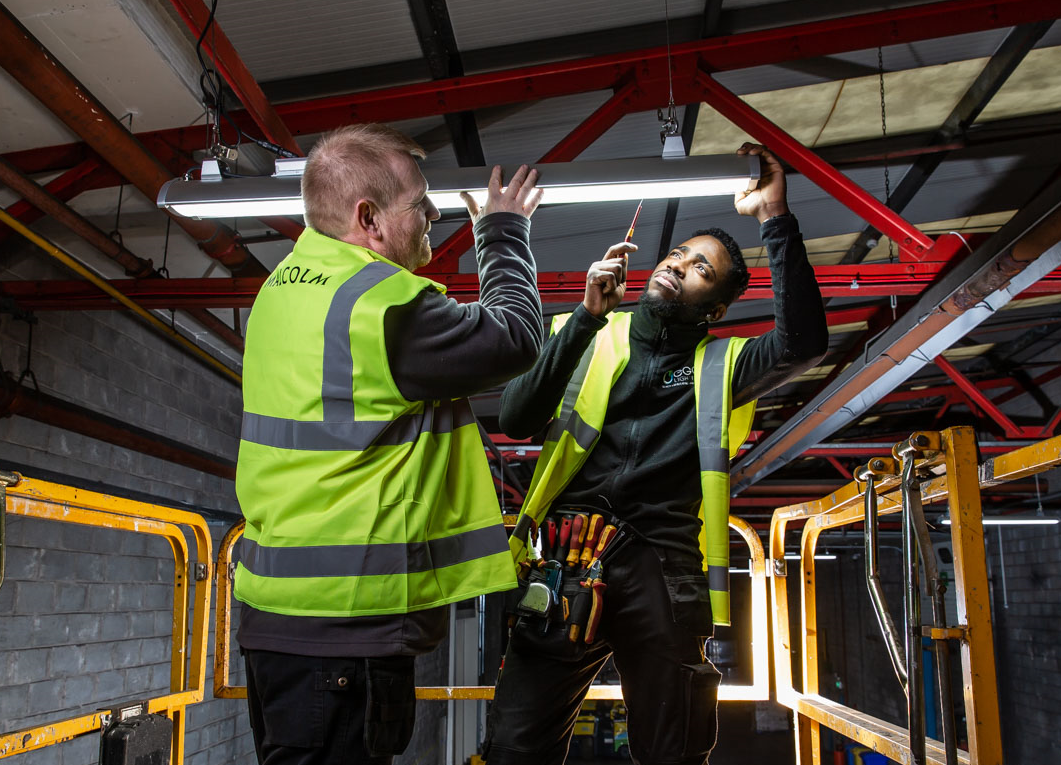
It’s sometimes easy to forget that there isn’t an unlimited supply of the natural resources needed to make everything we use and consume daily. In fact, three planet earths would actually be required to keep up with our current average lifestyles. To slow down this trend of over-consumption, we need a radical shift to a circular economy.
With current estimates suggesting it could be worth £1.8bn for the Scottish economy alone, it’s worth asking the question: What is a circular economy? The idea is that it’s the exact opposite of our current wasteful, linear economy where we constantly produce, use and discard items. The circular economy extends the useful life of materials through reuse, repair, redesign, remanufacture and recycling.
Scotland is leading the way, with circular systems already in motion. Varied and promising businesses in all kinds of sectors have taken on the challenge of finding innovative ways to adopt sustainable business models. Hundreds of years ago, Scotland was a pioneer in the industrial revolution and we can drive forward emerging world-changing solutions once again.

The solution is relatively simple, and lies in making existing resources last as long as possible. The good news is, more and more businesses are approaching Zero Waste Scotland to talk about the potential for circular models. There’s a clear appetite for increasing the sustainability of businesses as well as reducing costs.
With the construction industry being one of the most wasteful, Scottish start-up Kenoteq has developed an unfired brick with 90% recycled content from demolition and construction waste. After years of research and investment in technology, the business has produced a product that is up to industry standards. K-Briq uses a tenth of the CO2 emissions of a traditional fired clay brick and can be made in any colour.
Kenoteq’s brick serves an example of how the construction industry could place more value on materials. This innovative way of thinking extends the ‘first life’ of materials by repurposing them and encourages reuse and recycling.

As well as converting discarded materials into valuable products, other Scottish businesses are exploring ways to design out waste in the first place. Keeping materials in circulation will set us on a path towards a circular economy, however, it’s crucial that we also slow down demand. In doing so, we will slow down the rapid consumption of natural, limited resources.
EGG Lighting has also taken this ethos into the heart of their operations. Based in Scotland, the company is changing the way we approach purchasing and using items, such as lighting.
Rather than owning the fittings and bulbs themselves, customers pay EGG for a products-as-a-service (PAAS). When a light needs to be repaired, instead of the entire unit being disposed of, EGG simply replenish the part of the unit that needs to be replaced, which means less waste.
Brian O’Reilly, Managing Director of EGG Lighting, said:
The simple premise is – we design light fittings that last as long as buildings. Our business is focused on reduction – keeping the product in the market as long as we possibly can. We want to build products that last longer, whereas the whole LED industry seems to be geared towards building products that have a very fixed 'end-of-life'.
Both Kenoteq and EGG lighting were supported by Zero Waste Scotland through our free Circular Economy Business Support Service (CEBSS) and the Circular Economy Investment Fund (CEIF). In total, Zero Waste Scotland has supported over 200 businesses.
Zero Waste Scotland’s Resource Efficient Circular Economy Accelerator Programme will invest £73m in circular economy and resource efficiency projects, thanks to support from the European Regional Development Fund (ERDF).
If we are to achieve net-zero by 2045, we must become a circular nation. We've seen Scottish people and businesses who are setting the wheels in motion and the door is open to others with innovative circular ideas.
Zero Waste Scotland provides expert support and funding to help firms benefit from circular business models. To find out more visit circulareconomyaccelerator.scot.
This article was written by Louise McGregor, Head of Circular Economy at zerowastescotland.org.uk.